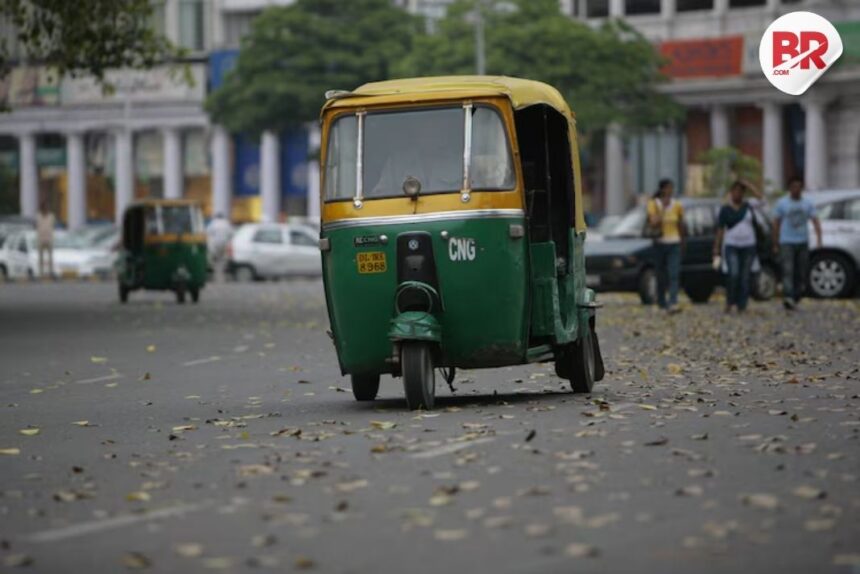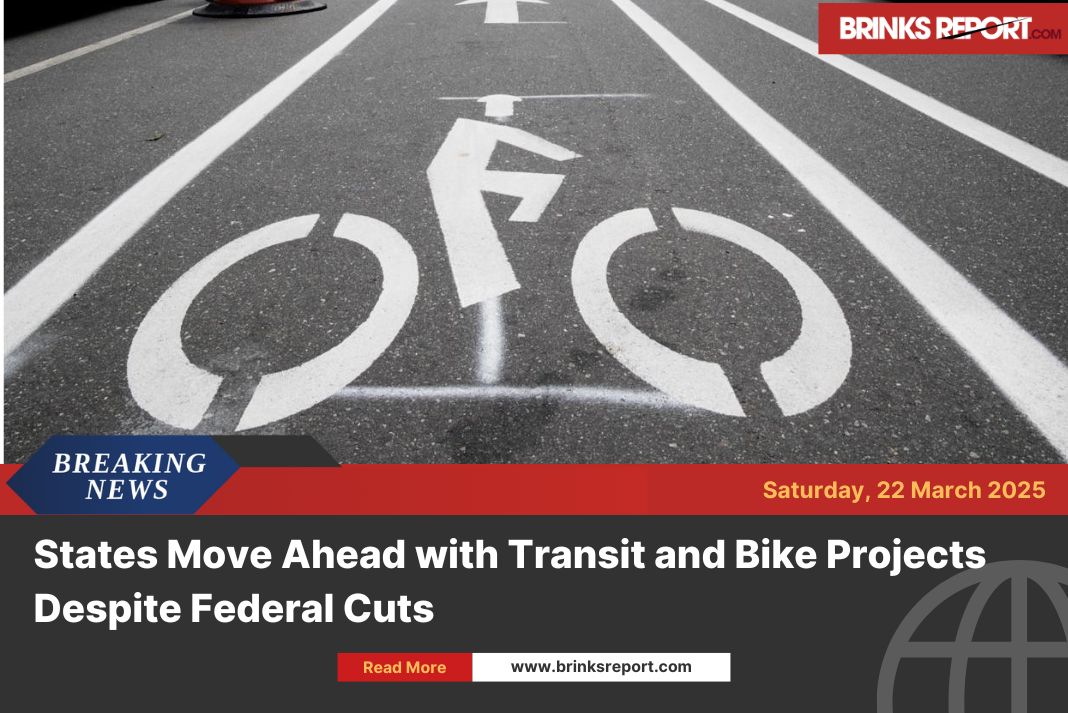
The Delhi government has unveiled its much-anticipated Delhi EV Policy 2.0, a comprehensive plan to transform the national capital into a hub for electric vehicles (EVs). With the ambitious goal of achieving 95% EV adoption by 2027, this policy is set to dramatically reshape the city’s transport landscape. Let’s break down the key elements of the policy and what it means for Delhi’s residents.
Key Highlights of Delhi EV Policy 2.0
Two-Wheelers: A Green Future on Two Wheels
As part of the efforts to curb pollution and boost EV adoption, Delhi’s EV Policy 2.0 lays out a clear timeline for transitioning away from fossil-fuel-powered two-wheelers.

By August 15, 2026, the registration of new petrol and CNG two-wheelers, including popular models like the Hero Splendor and Bajaj Freedom, will be banned. This move is aimed at reducing emissions and encouraging more electric alternatives.
While existing petrol and CNG two-wheelers may still be allowed to ply until the end of their life, the government has not yet introduced a formal policy regarding their eventual phase-out. However, it’s clear that the future of personal transport in Delhi will be electric.
Also Read: Game-Changer Alert: These 4 EVs Will Redefine Indian Roads in 2025
Three-Wheelers: A Shift to Electric Autos
In a similar push, the Delhi EV Policy 2.0 mandates the cessation of registration for petrol, diesel, and CNG three-wheelers, both passenger and cargo, by August 2025.
In addition, CNG auto permits will no longer be renewed after August 15, 2024, and will be replaced with permits for electric autos. This initiative is aimed at reducing air pollution, which has been a persistent issue in the capital.
For owners of fossil-fuel three-wheelers, there’s good news. The government will allow them to convert their existing vehicles to electric via official channels, making the transition smoother and more cost-effective.
Four-Wheelers: The Mandatory EV Shift
The policy takes a bold step with private car ownership. Starting soon, individuals who already own two fossil-fuel vehicles will be required to make every third vehicle an electric vehicle. This mandate is a part of the larger push to cut down emissions and reduce Delhi’s carbon footprint.
Government Vehicles: A Complete Electric Overhaul
As part of its commitment to sustainability, the Delhi government is setting a strict deadline for transitioning municipal vehicles. By December 31, 2027, all municipal garbage trucks and Delhi Jal Board vehicles will need to be 100% electric. This commitment from the government is expected to set a strong example for residents and businesses in the capital.
Also Read: Can India Clear the Air? The Struggle Against Rising Pollution Levels
Charging Infrastructure: Expanding for the Future
One of the key challenges in the adoption of EVs is the availability of charging infrastructure. Delhi is currently home to 1,919 charging stations and 232 battery-swap stations. However, the Delhi EV Policy 2.0 promises significant expansion in this area. While exact numbers are not specified, the expansion will make it easier for EV owners to charge their vehicles, boosting confidence in making the switch.
Current EV Adoption in Delhi: A Long Road Ahead
Since the launch of the initial EV policy in 2020, Delhi has made some progress in terms of electric vehicle adoption:
- Two-wheelers: 26,787 EVs
- Three-wheelers: 31,506 EVs
- Four-wheelers: 5,266 EVs
- Buses: 323 EVs
Despite these numbers, EVs still make up only about 13% of all vehicles on the road. The target is to increase this figure to 95% by 2027, a significant leap that will require not only more EVs but also a deep commitment from both residents and businesses.
The Road Ahead for Delhi
The Delhi EV Policy 2.0 represents a bold step toward a greener, more sustainable future for the capital. By focusing on banning fossil-fuel vehicles, expanding charging infrastructure, and requiring government vehicles to go electric, the policy has set a clear course toward an electrified future. However, achieving the ambitious target of 95% EV adoption by 2027 will require strong implementation and widespread public support.
For Delhi residents, this means a shift in how we think about transportation. EV adoption is no longer just a choice—it’s becoming a necessity for a cleaner, healthier future.
Also Read: Government’s ₹2 Fuel Tax Hike: What It Means for Your Wallet












